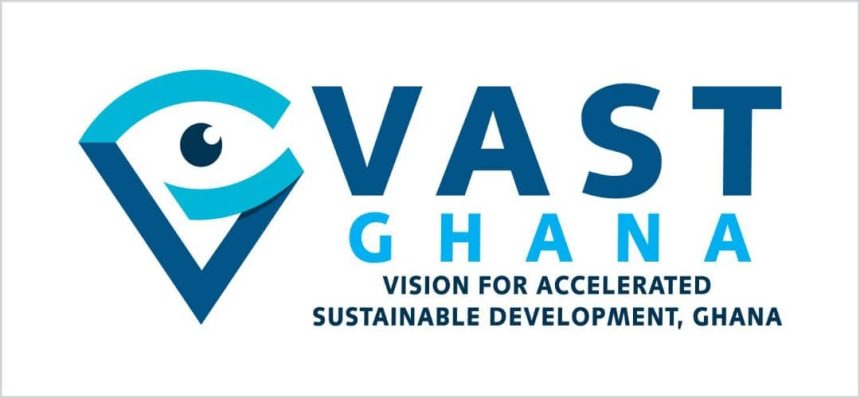The Vision for Accelerated Sustainable Development, Ghana (VAST-Ghana) has called on the government to urgently adopt and implement the WHO SAFER Technical Package as Ghana’s national alcohol control strategy.
It said while the government implements the strategy it should also accelerate the completion of the draft National Alcohol Regulations to help regulate the consumption of the product to safeguard the lives of the citizenry.
A statement by Mr Labram Musah, the Executive Director of VAST-Ghana and copied to the Ghana News Agency said adopting the SAFER framework was both a moral and developmental necessity.
It said the SAFER aligned with Ghana’s commitments under the WHO Global Strategy and the Global Alcohol Action Plan 2030.
The statement said the Global Alcohol Action Plan 2022–2030 outlines no less than 10 areas for action and intervention to prevent and reduce alcohol harm.
The VAST-Ghana said, “Among those are the Three Best Buys in alcohol policy: (regulating availability, affordability and marketing). Area three deals with ‘Community Action,” and that Movendi International has recommended the following policy option and intervention.
The policy option and intervention are “Mobilizing communities to prevent the selling of alcohol to, and consumption of alcohol by, under-age and to develop and support alcohol-free environments, especially for youth and other at-risk groups.”
“Implementing SAFER will save lives, strengthen the health system, improve productivity, reduce NCD deaths and illnesses as well as the economic losses caused by alcohol harm,” the statement said.
The statement urged for the review and increase in excise taxes on all alcohol beverages.
It said government must apply specific rates based on alcohol content and regularly adjust for inflation and income growth and introduce minimum unit pricing to prevent the sale of very cheap, high-strength alcohol beverages.
It called for the strengthening of the drink-driving countermeasures by lowering legal BAC limits from 0.08 per cent to 0.05 per cent for all drivers and introducing zero tolerance for young and novice drivers, and roadside sobriety checkpoints and random breath testing.
“Enact and enforce a comprehensive ban on alcohol industry sponsorship and involvement in public education and road safety campaigns to prevent conflict of interest and protect public health integrity,” the statement said.
It said in Ghana, alcohol consumption patterns have become more pervasive, particularly among children and young people, women, and low-income communities, with evidence of increased availability, affordability, and aggressive marketing of alcohol products.
According to Ghana’s STEPwise Survey, over 30 per cent of adults in Ghana consume alcohol and that an observation by VAST-Ghana indicated that children as young as 10 years are exposed to alcohol at all levels. The statement said alcohol consumption in Ghana continued to impose a growing public health and social burden and contributed to premature deaths, road traffic crashes and injuries, domestic violence against women and children, lower chances of success in school, non-communicable diseases (NCDs), and mental health conditions






